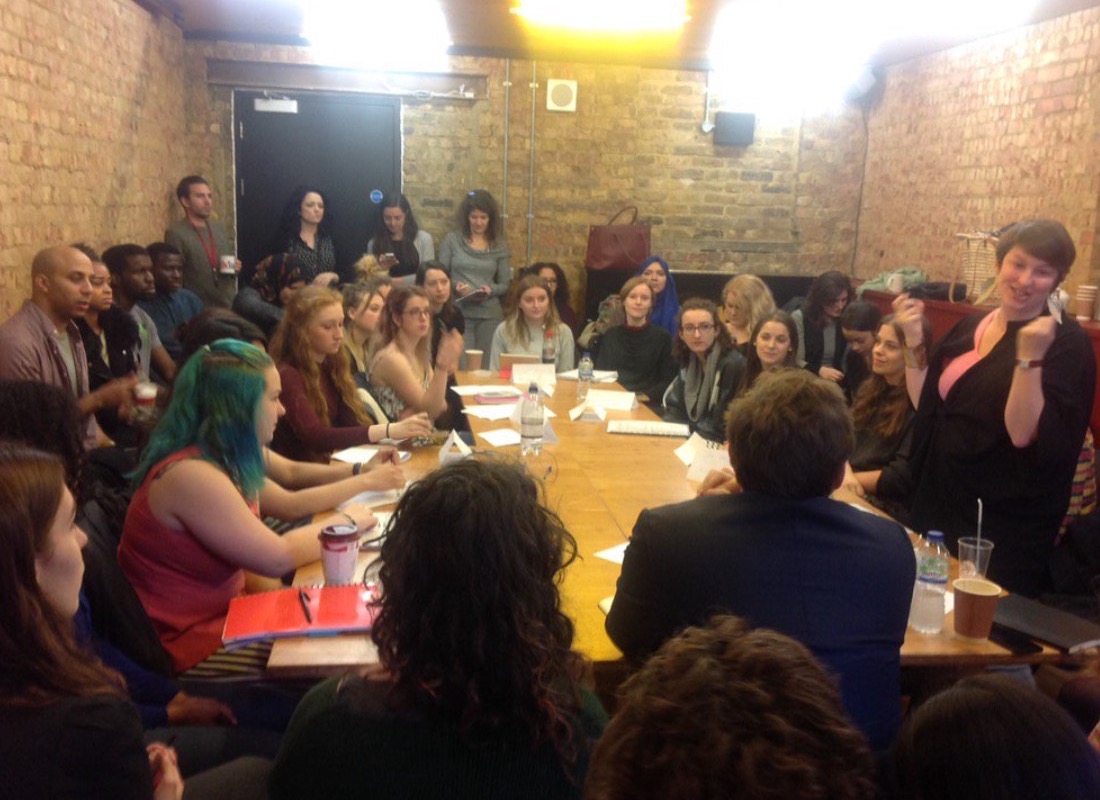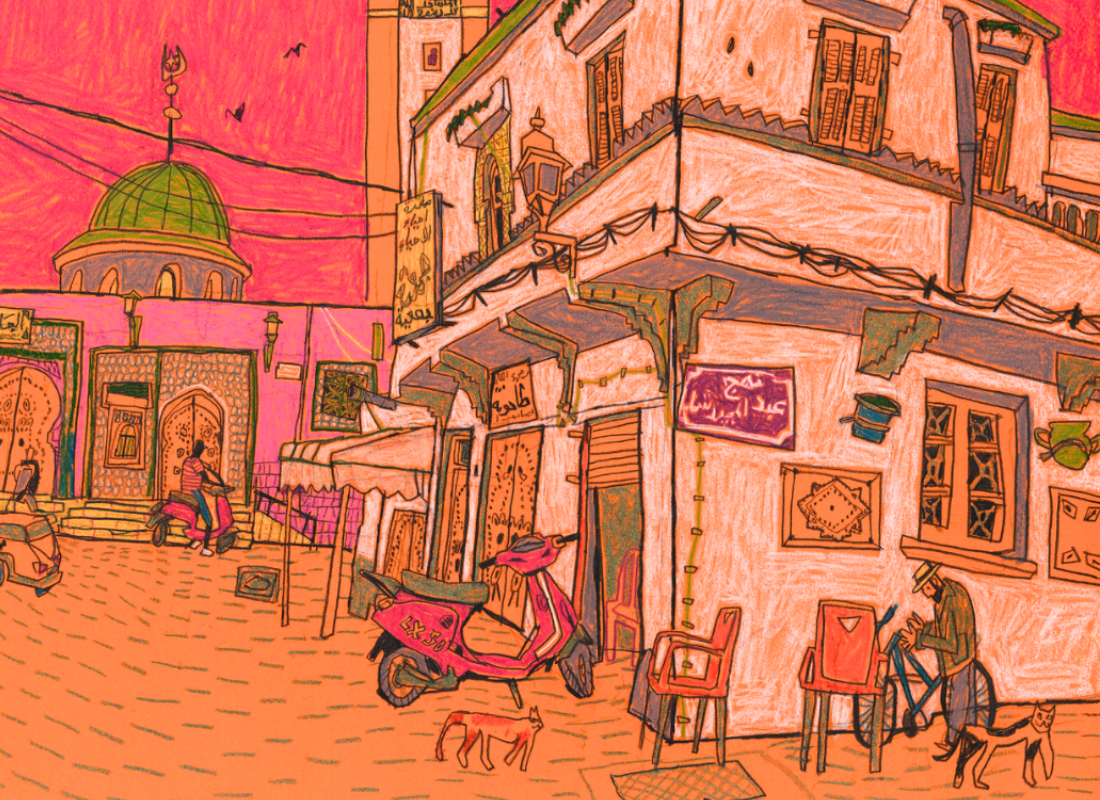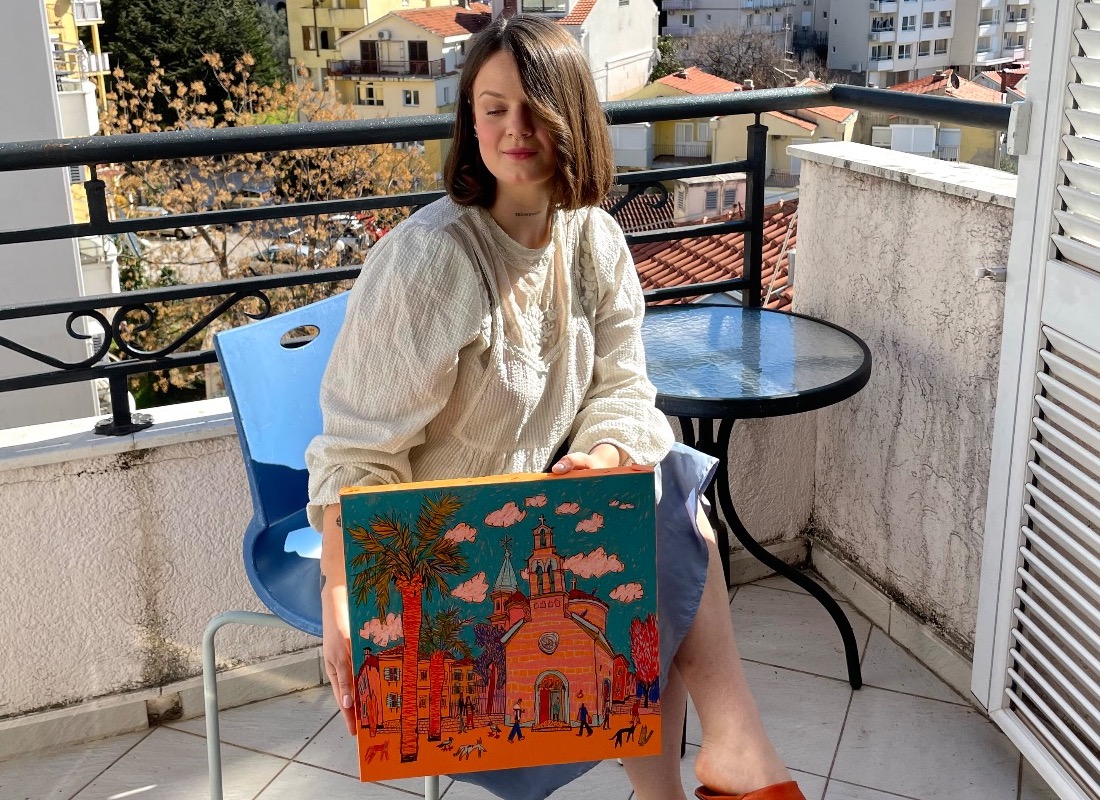
On 1 December Culture Minister Ed Vaizey plans to hold a roundtable discussion to inform his upcoming White Paper with strategies for the arts and heritage sector. This event, which is hosted by What Next? Generation at the Young Vic theatre will focus on the challenges young people currently face in the arts sector, covering issues of access, diversity, education, funding, place-making and future challenges. YPIA will of course be represented at the discussion, and has prepared a short provocation on the importance of cultural education, to get the discussion with Ed going:
"I work at one of London's art galleries and every week we have a few groups of pupils over who come to see our exhibition. I usually have some time to chat with them before I deliver them to the tour guide and I always find the pupils’ opinions hugely valuable. For instance, I’ve noticed that if you ask them what they like best about their curriculum, many of them will mention Music, PE, Art or, most often, the school play. Most of these subjects were only formally integrated into the National Curriculum in 1988 though, after Sir Ken Robinson’s Arts in Schools report and proposal from 1981, and they still don’t take a prominent place in the curriculum.
Building on that development, most of the arts subjects then – and often still today – focused on gaining skills to practise art, preparing the pupil for working as an artist. However, the prospects of the career path, especially in the current economic environment, and the specialist nature of the job have led many parents, schools and governments to prioritise other fields of study for their pupils. Even to the extent that the current English Baccalaureate actively discourages pupils to follow arts-related subjects and risks forcing art, dance, design, drama, music, and other creative subjects out of schools. However, pupils don’t have to become artists in order to work in the arts. The possibilities arts administration jobs offer are often largely overlooked, and even if a student doesn’t want to go on to work in the arts sector at all, they are often inadequately informed about which other roles the arts can play in their careers.
That is, arts education is a key to creativity, which in turn is an essential component of innovation, and is necessary to succeed in creating new and prosperous industries, and not in the least within Science, Technology, Engineering and Math disciplines (or STEM disciplines). Additionally, Art and Design are poised to transform our economy in the twenty-first century just as Science and Technology did in the last century.
Finally, Arts and Science should not be seen as two binary opposites, as they are almost always interlinked. For instance, as part of organising their school play the pupils visiting our gallery might need to know how to programme lighting sequences, calculate the best use of space on stage, construct the set designs, create electrical circuits to maybe light a fluorescent costume, or manage box office software to report on ticket sales. The Arts have the ability to bring all of the STEM subjects together in a meaningful context, and as a result, turning STEM into STEAM seems a valuable change to many, giving pupils a better chance to develop their skills and thinking.
In June this year Nicky Morgan said: “As part of this government’s commitment to social justice we want every single person in the country to have access to the best opportunities Britain has to offer – starting with an excellent education. This means ensuring children study key subjects that provide them with the knowledge they need to reach their potential.†I wonder, what are these ‘key subjects’? What kind of education do you, Ed Vaizey, think is needed to help young people progress and succeed?"
If you missed the roundtable event, you can still contribute to the discussion online. There is a dedicated forum for comments, and you can submit them via Twitter too, using #OurCulture. You can also write a response to this provocation for our YPIA Blog, just send it to stella@ypia.co.uk.




.0af71f.jpg)
.ec8cc4.png)